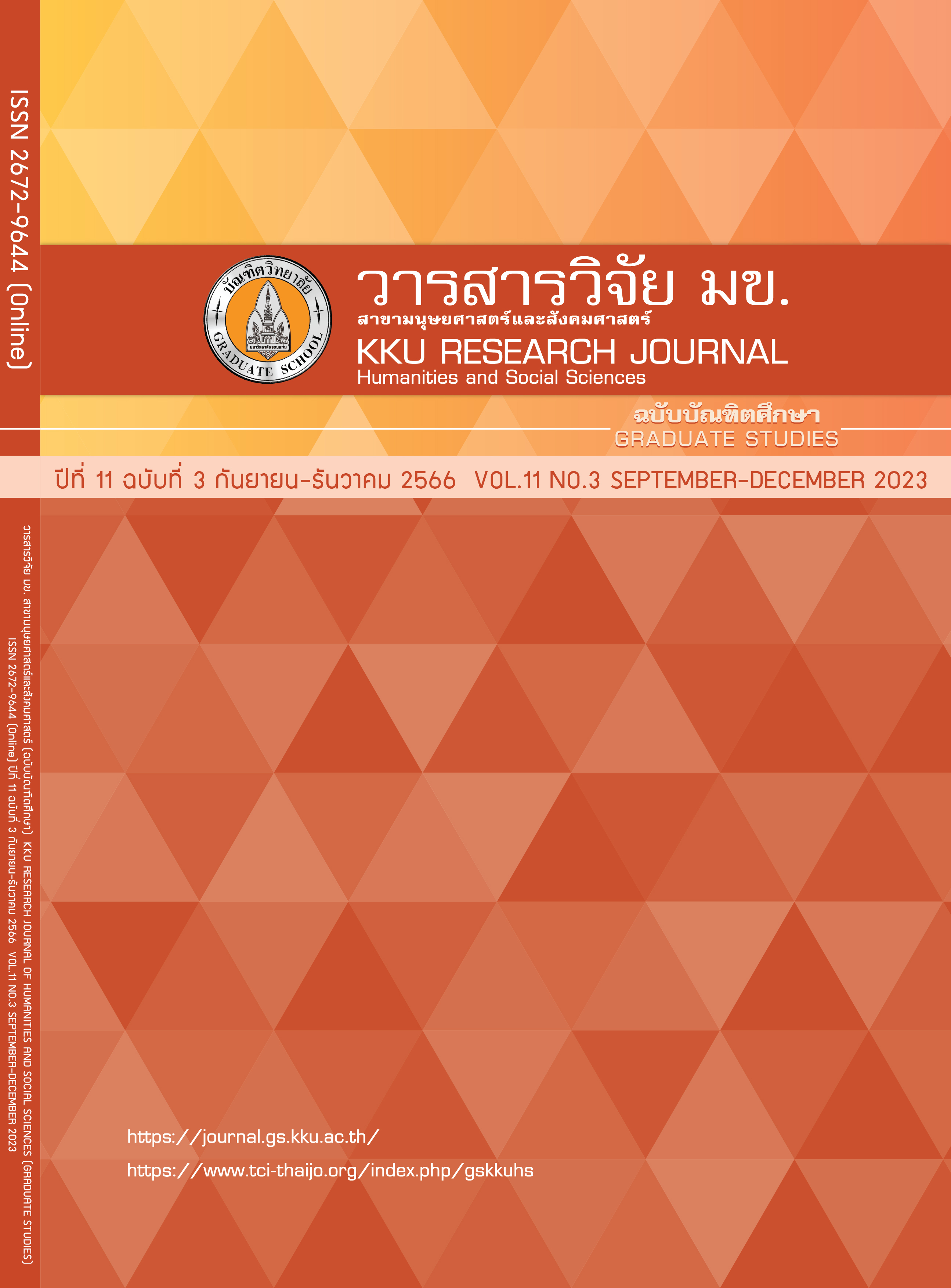การวิเคราะห์ปัญหาการจัดการเรียนการสอนเพื่อนำสู่การยกระดับคุณภาพการศึกษา
คำสำคัญ:
การวิเคราะห์ปัญหาการเรียนรู้ของผู้เรียน การยกระดับคุณภาพการศึกษาบทคัดย่อ
การวิเคราะห์ปัญหาการเรียนรู้ของผู้เรียน เป็นการทำความเข้าใจปัญหาอย่างลึกซึ้ง เพื่อนำสู่การหาวิธีการ หรือแนวปฏิบัติที่สามารถแก้ปัญหาได้อย่างตรงจุด ซึ่งเป็นจุดเริ่มต้นในการสร้างและพัฒนา “นวัตกรรม” เพื่อนำมาใช้ในการจัดการกับปัญหา การวิเคราะห์ปัญหาการเรียนรู้ของผู้เรียนจึงเกี่ยวข้องกับการปฏิบัติหน้าที่ของครูโดยตรง รวมทั้งผู้บริหารสถานศึกษา ศึกษานิเทศก์ และผู้บริหารการศึกษา การเข้าใจปัญหาการเรียนรู้ของผู้เรียนจึงเป็นข้อมูลสำคัญในการกำหนดทิศทางการทำงานอย่างชัดเจน ซึ่งการวิเคราะห์ปัญหาการเรียนรู้ของผู้เรียนสามารถใช้ข้อมูลในการนำมาวิเคราะห์ปัญหาได้ 2 แหล่ง คือ 1) ผลการทดสอบด้วยแบบทดสอบที่มีมาตรฐานและมีความเชื่อมั่นได้ และ 2) การวิเคราะห์ชิ้นงาน และการแสดงออกของผู้เรียน
เอกสารอ้างอิง
PISA Center, OBEC. What is PISA? [Internet]. [cited 2021 Nov 4]. Available from: https://www.pisacenterobec.org/
National Institute of Educational Testing Service (Public Organization). Exam arrangement. [Internet]. [cited 2023 Dec 10]. Available from: https://www.niets.or.th/th/catalog/view/211
SEAMEO STEM-ED. Thailand School Improvement Project (TSIP) - Analyzing ONET Scores – Planning for Improvement. Bangkok: 2020.
Linda SG. Why g Matters: The Complexity of Everyday life. Intelligence Journal. 1997; 24(1): 79-132.
Office of the Teacher Civil Service and Educational Personnel Commission (OTEPC). A Manual of the process which follows regulation for teacher and educational personnel appraisal: Teachers’ status [Internet]. [cited 2021 Sep 5]. Available from: https://otepc.go.th/images/00_YEAR2564/ 03_PV1/1Mv9-2564.pdf
Kyle L. Marquardt. How and how much does expert error matter? Implications for quantitative peace research. Journal of Peace Research. 2020; 57(6): 692-700.
HREX.asia. How important is education to human resource development? [Internet]. [cited 2023 Dec 10]. Available from: https://th.hrnote.asia/orgdevelopment/190625-education-for-hrd/
Darwis Hude HM, Si M, Ifa Faizah Rohmah. Analysis of student learning interest, and student learning motivation in enhancement student learning achievement at school. International Journal of Current Research. 2017; 9(10): 58981-58985.
Office of the Teacher Civil Service and Educational Personnel Commission (OTEPC). Manual for implementing the criteria and methods for evaluating the positions and academic status of teachers and educational personnel: Teacher positions [Internet]. [cited 2023 Dec 10]. Available from: https://otepc.go.th/images/00_YEAR2564/03_PV1/1Mv9-2564.pdf
Natasa Gisev B, Simon Bell J, Timothy FC. Interrater agreement and interrater reliability: key concepts, approaches, and applications. Research in Social and Administrative Pharmacy. 2013; 9(3): 330-338.
Sujitra T. Instrument development for nursing research. Chiangmai: Siampimnana; 2019.
SEAMEO STEM-ED. Workshop 2: Analysis of student work [Internet]. [cited 2023 Dec 10]. Available from: https://youtu.be/YeEFRWo58vA?si=5MHvaGl78Zz8FyGp
ดาวน์โหลด
เผยแพร่แล้ว
รูปแบบการอ้างอิง
ฉบับ
ประเภทบทความ
สัญญาอนุญาต

อนุญาตภายใต้เงื่อนไข Creative Commons Attribution-NonCommercial-NoDerivatives 4.0 International License.




